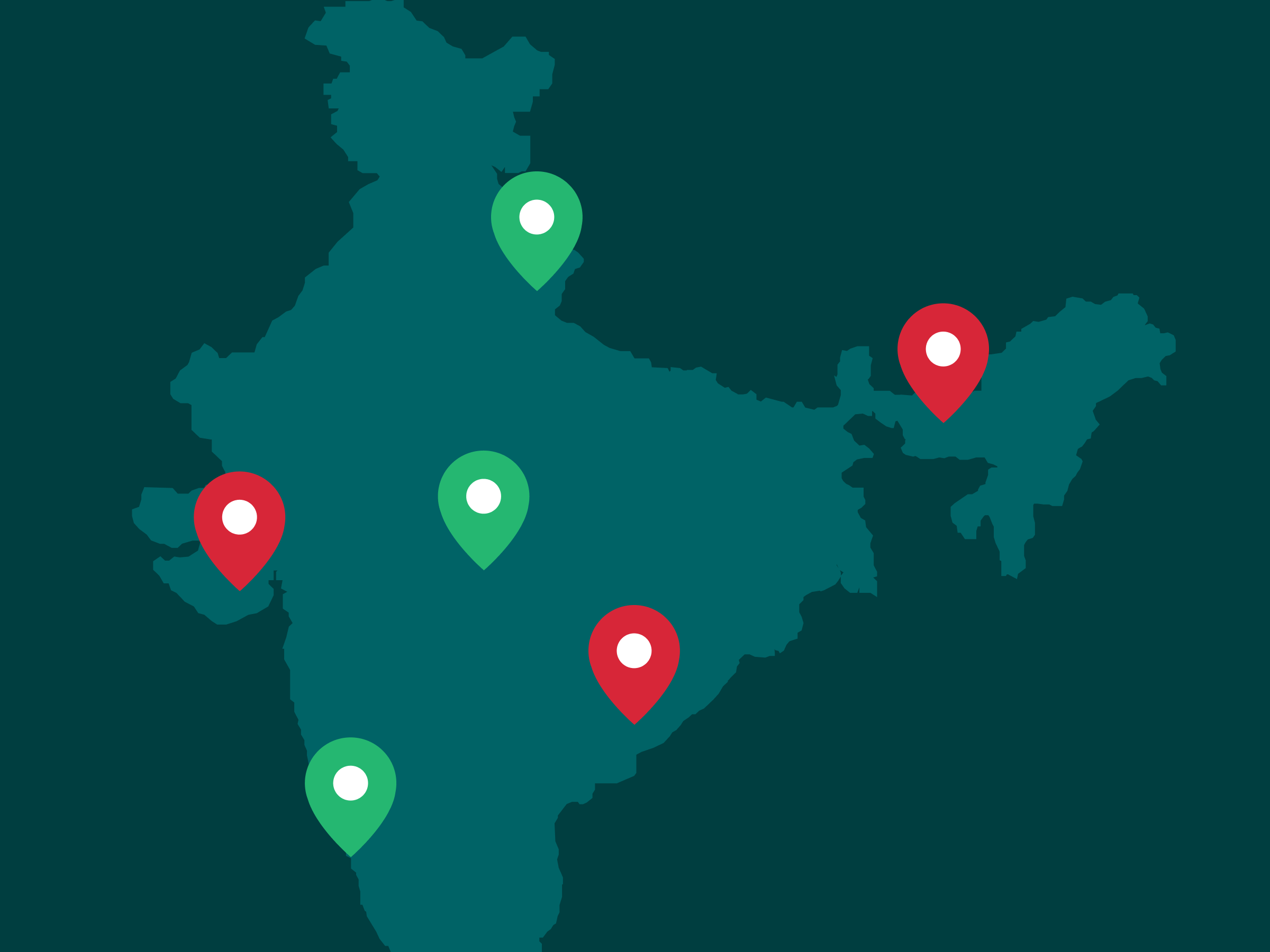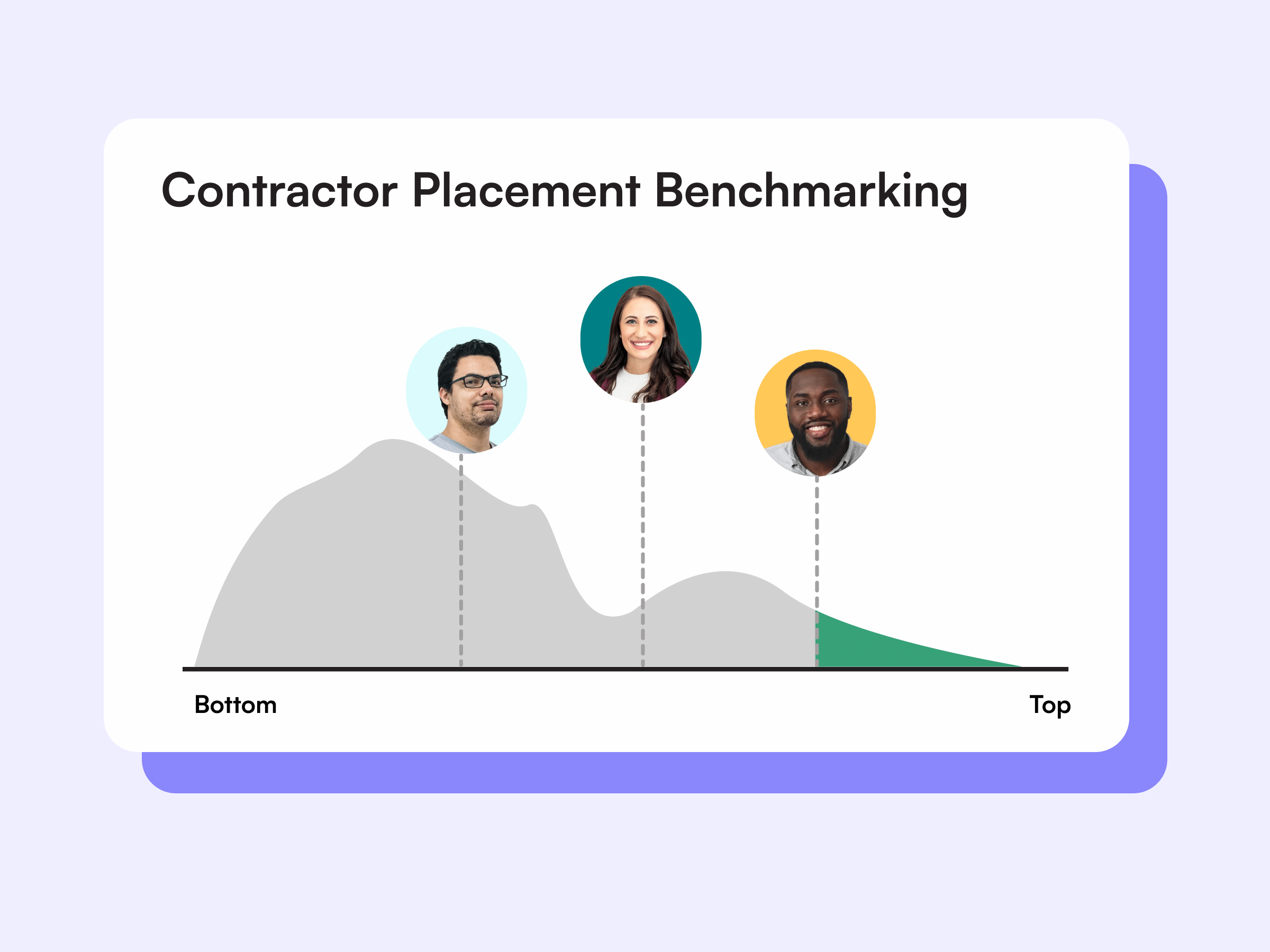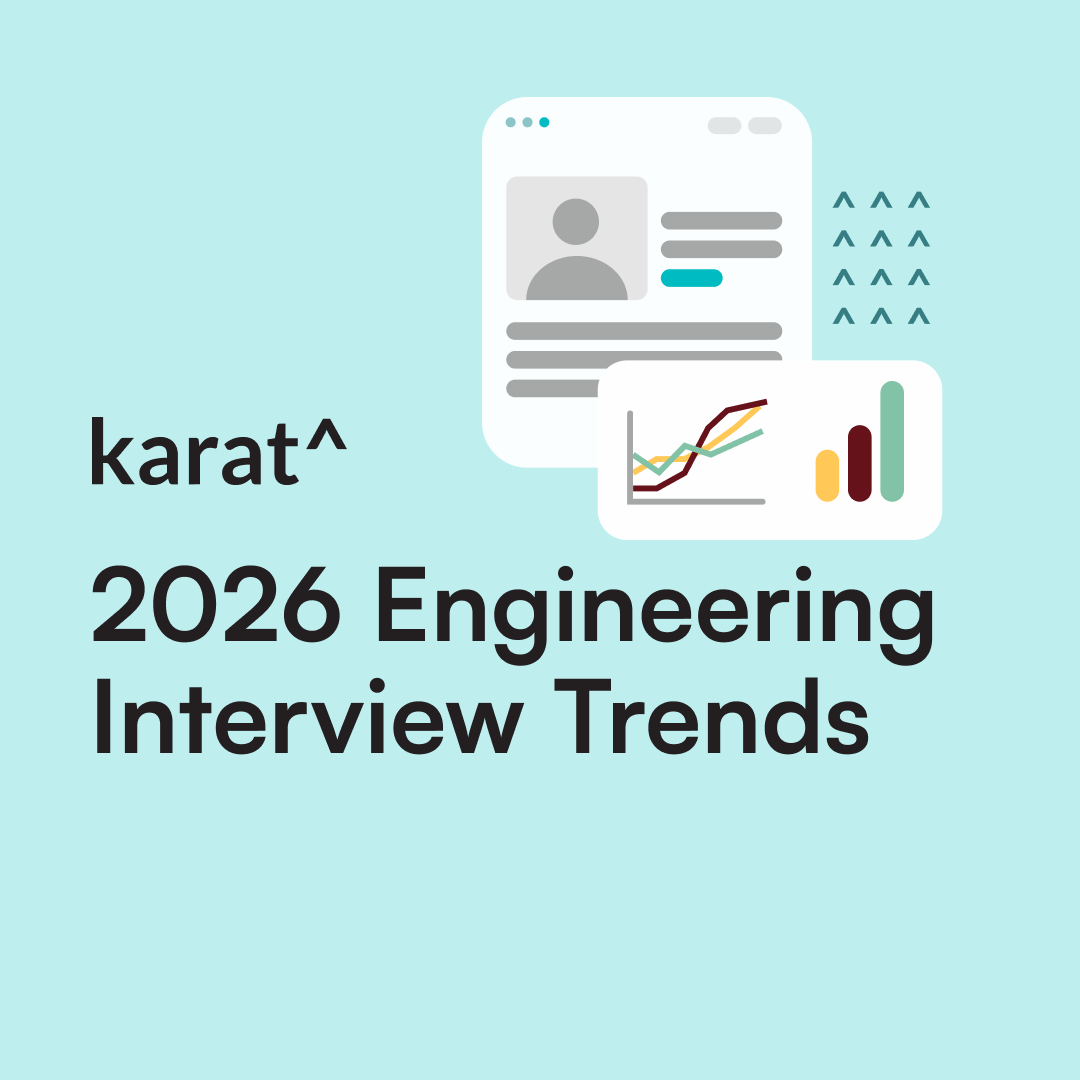Industry Trends & Research
04.01.2024
Unlocking Tomorrow’s Talent: Insights from Consero’s Talent Acquisition Forum

John Loof


Last week, I had the opportunity to lead a session at Consero’s Talent Acquisition Management Forum in Irving, Texas. It was an engaging discussion with talent acquisition leaders about various trends in the technology industry, including the direct impact Artificial Intelligence (AI) and global hiring strategies are having on today’s talent landscape. Here are a few key insights from our enlightening conversation:
Key takeaway #1: Harnessing the power of AI can unlock transformative opportunities, but it’s critical to retain a human element and audit impact.
While the age of AI presents some tremendous opportunities, many TA leaders and organizations around the world are still gauging how to best integrate AI into their hiring and people management processes. The implications of delegating decisions to AI tools can pose risk with unintended consequences, such as excluding underrepresented cohorts of talent from potential candidate pools in favor of talent with characteristics or backgrounds more prevalent within the existing employee base. Because of this risk, it’s important to have continuous oversight of how the technology is applied and how the output impacts both operations and people around it.
At Karat, we’re helping our partners explore key questions and make informed decisions about whether or not incorporating AI into their hiring process is right for them. Some of the questions we’re exploring include:
- When should they allow candidates to use large language models (LLMs), such as ChatGPT or Copilot, during live technical interviews?
- What aspects of the hiring process can AI improve to allow them to be more efficient and consistent at scale?
- How can organizations everywhere ensure AI improves their processes, but doesn’t detract from a seamless, enjoyable candidate experience?
In addition to these questions, we discussed AI’s potential to improve operational processes,such as candidate communications, talent pipeline nurturing, or even interviewer follow-ups.
Attendees also shared their firsthand experiences with AI and hiring. Many compared the current impact to the rapid development of technology and innovation during the dot-com boom of the early 2000s, when leaders created a suite of people-first tools, processes, and strategies that helped teams navigate and thrive.
All in all, there was clear excitement about the potential of this new technology, but the general consensus was that we should continue to be mindful about ceding decision-making power to AI. For now, humans should remain at the core of human resources.
Key takeaway #2: Global hiring and international tech hubs will continue to expand in 2024.
Technology and cultural shifts in distributed work, coupled with strides in collaboration tools, have made it easier to build and scale collaboration across teams and geographies. At the same time, many international cities have emerged as true tech hubs, offering a deep, highly skilled workforce. The combination of supply and talent has allowed companies to shift their global strategy, moving from outsourced services and tactical technical tasks to product development and innovation workflows.
While these trends represent great opportunity, a company’s ability to successfully expand globally is dependent on their ability to develop hiring processes that remain flexible, scalable, and adaptable to different markets around the world.
At Karat, we’re helping our partners expand to international talent hubs, such as India, Latin America, and Europe, by empowering them to build hiring processes and programs that:
- Create consistency across hiring and talent management to ensure fair and equitable culture and teams
- Afford regional leaders the opportunity to refine programs and processes to address local needs
The goal is to develop strategies and plans that can adjust to regional dynamics and create an inclusive culture where top talent feels welcomed, supported, and positioned to do their best possible work.
Key takeaway #3: Global talent strategies must be holistic, focusing on the entire employee lifecycle — from prospect to hire to long-term team member — to retain and develop top-performing talent.
Whether a new hire or long-tenured employee, your top-performing talent will always have options. Innovations should be consistent across the employee lifecycle and create a high-quality experience. The quality of that experience is part of your employer branding, so ensuring that their experience is predictable, fair, and enjoyable increases the likelihood that they will opt to work for your organization.
During the discussion, leaders agreed that this consistent and enjoyable experience begins with your job posting and extends through an employee’s tenure, including onboarding and professional development programs. Employees want to join companies that will invest in them, give them a clear sense of direction, and provide them with opportunities to grow.
To that end, onboarding and professional development work should mirror the tone and approach of global hiring efforts. When they do, they account for differences between remote, in-office, and hybrid workforces across the globe. Their people-centric nature conveys the value leaders put in their workforces, engaging and empowering employees to continue to deliver consistent, outstanding outcomes.
Bonus takeaway: Blending technology and human-centered strategies together creates the best possible business outcomes.
Ultimately, a blended technology and human-centered strategy can have a ripple effect across your organization. As a part of the conversation, I shared how we’ve seen this approach benefit customers and candidates alike at Karat.
We believe that technology is in service of an organization’s people and talent goals. Our Human + Technology mindset across companies ensures that once hired, candidates feel valued and connected to their global workforce from the very beginning, making them more productive. Ultimately, that drives better outcomes for all business objectives — including innovation, revenue growth, turnover, and customer satisfaction.
Organizations who thoughtfully and carefully leverage this mindset to grow globally and embrace new technologies (including AI) will not only limit bias and inequity. They will build inclusive and sustainable workforces who deliver lasting, transformational change for years to come.
Related Content

Global Hiring
02.03.2026
For modern CTOs and senior engineering executives, the mandate for Global Capability Centers (GCCs) has shifted. As noted in EY’s analysis of the sector, GCCs are no longer just cost-arbitrage plays; they are evolving into “AI-native enterprises” that lead global innovation. However, the transition from a skeletal satellite office to a high-performing innovation hub is […]

Contractor Hiring
01.28.2026
For most financial services organizations, software contractors aren’t optional. Whether it’s modernizing core systems, accelerating digital initiatives, or scaling delivery capacity, CIOs rely on IT Service Providers (ITSPs) to keep projects moving. But as many leaders have learned the hard way, contractor quality often fails to meet expectations. Last summer, Karat launched the first Partner […]

AI Hiring
01.07.2026
AI is reshaping software engineering interviews. As AI becomes increasingly embedded in engineering workflows, it’s changing the skills that engineers need and disrupting the effectiveness of traditional technical interviews. We surveyed 400 engineering leaders across the U.S., India, and China to understand how organizations are addressing this shift. Our data revealed five trends that will […]